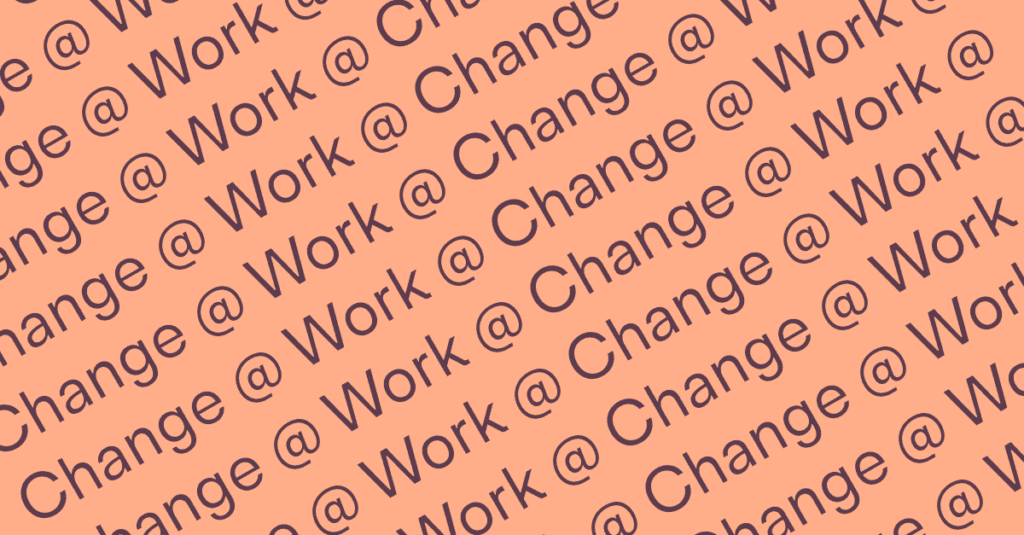I work with the Fortune 500 and I’ve seen big consulting at work. You can’t paint everyone who works at Bain, McKinsey, BCG, Deloitte, etc. with the same brush, but trust me, it’s deserved when you drub them for their astronomical fees (for work delivered by talent fresh out of college). It’s deserved when you shitcan them for their dubious (and often downright unethical) recommendations. It’s deserved to point out that when they sell “best practices” they are really just trading on the secrets of their other clients.
All of it happens.
But one of the most insidious harms of big consulting is rarely spoken about: they enable dysfunctional cultures to fester, often in their own favor.
Don’t believe me?
Let’s consider some of the most frequent reasons consultants are brought in:
You just need extra hands to get the work done. Your team is already stretched beyond capacity—people are working long hours and you’re worried about burn out. You simply can’t add any more work without losing a priority, so you’re compelled to bring more people on. But when you bring on big consulting, you’re usually taking away the strategic work and the innovative experiments from your own people and robbing them of personal development. You do this for enough years in a row, and then you complain that your people aren’t innovative and disengaged.
You need a rubber stamp. You’ve got a clear vision for what needs to happen, but you can’t get executive decision-makers on board. Maybe they haven’t established a relationship with you yet; maybe they’re concerned about shareholder pushback. Getting approval from a big-name consultant can give them confidence they’re not making the wrong decision—after all, “nobody ever got fired for choosing IBM.” Unfortunately, this doesn’t address the root problem—building trust with critical decision-makers. Leadership is nothing if not the ability to make decisions and bring others along, but big consulting often robs you from the opportunity to grow as a leader.
You want someone else to do the dirty work. Maybe you’ve gotten feedback from your team and you know where the problems are (in fact, everyone knows where, or who, the problems are). But the real problem is that doing something about it will be politically or culturally undesirable. Bringing in a “neutral” party gives you plausible deniability—the changes aren’t your fault, they’re just “best practices” or even “rightsizing.” Just as with your executive team and board, you must have the difficult conversations that are necessary to turn work around. Bringing in a consultant won’t fool anyone—instead, your team won’t trust you because you aren’t willing to work with them directly.
You want to hire expertise. If you’re trying something new for the first time, it makes sense to bring in experts who have seen more than one permutation. Consultants can deliver “best practices” and help you avoid costly mistakes. But are you really hiring the experts, or are you hiring recent college graduates? To make the economics of big consulting firms work, the work must be done by lower-cost employees who are often loosely managed by an overstretched partner. And you’ll discover best practices the same way that they’re going to find them—by googling, attending industry events, and just asking around. Not to mention, what works at one company may not work at yours—nothing beats small-scale experimentation to see what works best for you. We’ll give you a head start: check out The Academy for over 200 tools and case studies about organizational culture change.
The era of big consulting is at its end.
Sure, they can bluster about disruption and buy up your favorite design studios, but big consulting can’t escape the fact that they are, themselves, lost in the wilderness. They struggle to work across their own silos. They’re challenged to retain their best talent. Their own incentives are often misaligned.
Look, I used to be them. I revelled in producing trends, analyses, and benchmarks that if printed could reach the moon. My presentations were beautiful and my insights gripping.
But none of it worked to actually make change.
None. Of. It.
Your culture is the first thing your company makes. Your culture is what produces your products. Your services. Your results. Your shareholder returns. Culture is your alpha and omega.
And McKinsey can’t rewrite your culture, only you can.
We built NOBL to teach our clients how to change their cultures for themselves and then for us to get the hell out of the way.
So yes, like so many others, I want to sell you on our services. But I will ask you (with lots of training and support) to confront hard decisions, to own difficult conversations, to empower your people, and to become ever more curious about your customers, competitors, and the cultures you operate within. I won’t protect you or isolate you from these steps because I don’t want you to become dependent on our services.
I don’t expect anyone reading this to immediately cancel their big consulting contracts and/or to never hire these firms. I do just want you to reflect on a single question: What opportunities to adapt and strengthen our culture are we sacrificing by leaning so heavily on our consulting partner?













